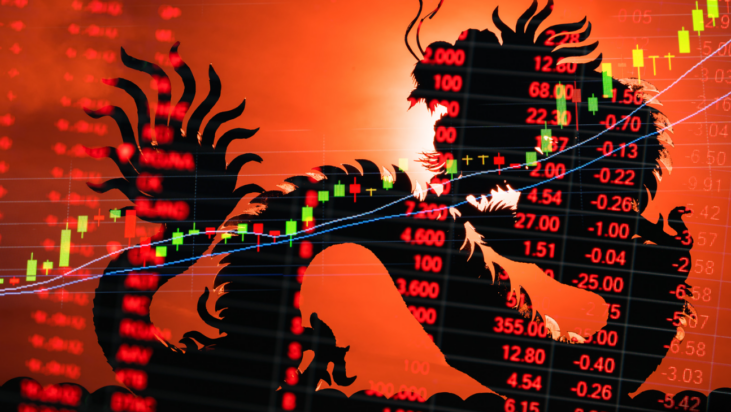Ongoing economic concerns present golden opportunity in Chinese market: Pzena
Plenty of investors are predicting that the macroeconomic and geopolitical uncertainty that’s lingered over China since before Covid will continue, despite a recent rebound in stock prices fueled by bullish domestic investors and more optimistic economic readouts.
But while China’s future economic health remains uncertain, it’s getting easier to form a view around its “incredibly cheap” market, according to Pzena Investment Management.
“Over the last few years the multiples on Chinese stocks have been cut in half, and left and right you’re hearing investors call China uninvestable,” said Pzena portfolio manager Allison Fisch. “For us seeing entire swathes of our investment universe called uninvestable – that’s the starting point, really, to do some deep fundamental research.”
China’s market is being treated as “monolithic”, Fisch said, when the opportunity set is far broader and more diverse than in any other emerging market country. There are more than 700 Chinese companies in the MSCI EM index – a little over half of the index, and nearly twice that of the next four biggest countries. Those companies cover more than 80 per cent of the industry classifications in the index, with operating metrics in the first quintile of cheap companies from other geographies.
“When people hate countries, historically that’s been a good time to buy the entire index in the country,” said Pzena global CIO John Goetz. “But what we’ve found is that after periods of significant underperformance you generally tee up better opportunities in any geography.”
“We’re not going to bet the farm on China, because we don’t know what’s going to happen. We just think it’s priced in and we have a real win opportunity.”
And while China might be slowing down, it’s not going backwards. GDP is still growing, but growing slower – and that should have little impact on the market anyway, because there’s low correlation between economic and market performance. And Goetz says the idea that “you can’t do business in China” – that its business people aren’t aligned with those in the West – is “just not true”.
“The reality is that if you’re Apple you want to continue working with Hon Hai (Foxconn internationally) to make your handsets that you ship all over the world,” Goetz said. “We’d say that maybe there’s some deterioration in cross-border business opportunities because of trade restrictions and that global geopolitical situation but we’d say that the business opportunity is still there.
“We visit the companies that we invest in and the dialogue between us as Western investors and Chinese companies is still very good… from a business standpoint it’s still game on.”
The real fear that hangs over investment in China is that of an invasion of Taiwan, which could spiral into a hot war with the United States and other Western nations. But if that happens, Goetz said, the problem will be bigger than whatever happens to China’s market.
“People are thinking we’re gonna wake up one morning and we’re going to have a Russia event in China and all the carnage of ownership and value destruction. When we think about that as investors, people have not synthesised that if your worst fear is realised that has an impact on the Magnificent Seven. This mega geopolitical nightmare will impact everything.”
“For the Chinese listings that would be impacted, it’s now reflected in the stock prices… Since 1949, when the Kuomintang left mainland China with a lot of financial assets and set up in Taipei, from that moment China has been saying reunification is a necessity. During our entire investment lifetime, this has been an actual risk – we now have it embedded in prices.”











